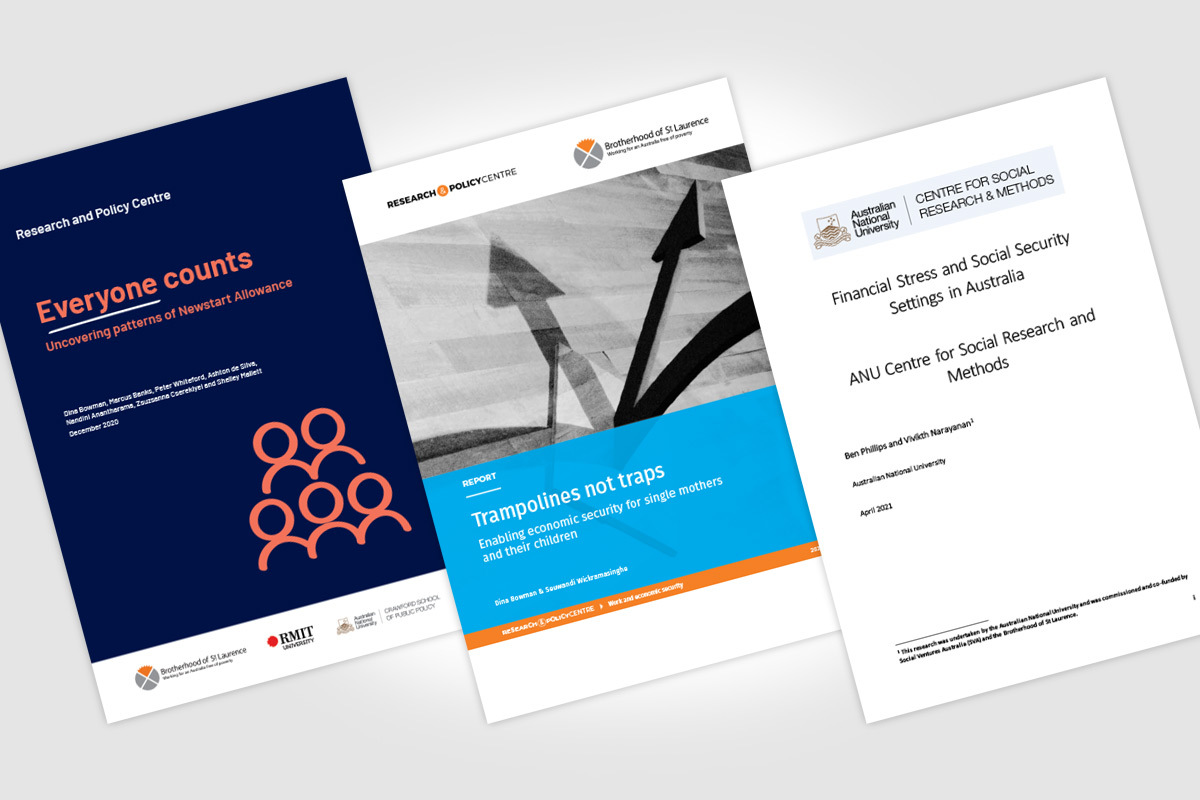Advocated for a fairer social security system
We advanced our long-term advocacy agenda for a fairer social security system through targeted research, policy and campaigning.
We vigorously advocated for an increase to the JobSeeker Payment to support those most in need and especially those directly impacted by COVID-19 lockdowns. We did not do this alone. We engaged our supporters, highlighting the impact of living on JobSeeker at $40 a day. Many signed our petition, and many others wrote to their local federal Member of Parliament. We also supported ACOSS’s Raise the Rate campaign, drawing on our research evidence to substantiate the need for a permanent increase to the JobSeeker payment.
BSL has long argued for an independent body to review and set social security rates and adopt a principled approach to social security reform. We deepened the evidence base to substantiate our call for reform through three research reports, focused on specific low-income populations. Our research report, Trampolines, not traps: enabling economic security for single mothers and their children , showed how policies intersect to trap low-income single mothers and their children in poverty and uncertainty.
Our collaborative research with ANU and RMIT – Everyone counts: uncovering patterns of Newstart Allowance – showed that short term receipt of unemployment payments is much more common than previously thought. It underlined the point that any of us can fall on tough times. That is why a strong and fair social safety net works for us all.
In collaboration with Social Ventures Australia (SVA), we commissioned researchers at the Australian National University (ANU) to undertake analysis of income support, poverty and financial stress on children and families. The report, Financial Stress and Social Security Settings in Australia , revealed inadequate social security payments play a large role in shaping poverty and financial stress trends in Australia.
This research showed us that despite increased unemployment during the COVID-19 pandemic, poverty rates for children of single parents fell from 39% to just 17% because of the $550 per fortnight Coronavirus Supplement. A 10% increase in social security expenditure could more than halve the poverty rate among JobSeeker recipients – reducing it from 88 per cent to 34 per cent. Such an increase could also result in a reduction of poverty for Disability Support Pensioners and those on parenting and carer payments.
We know that real, widespread recovery requires investment in full employment and social infrastructure, such as affordable housing, as well as social security that allows resilience. At BSL, we continue to develop the evidence and advocate for social security reform based on the principles of adequacy, dignity, autonomy, equity, accountability and solidarity, because we all need a social security system that can respond to uncertain times, now and in the future.
